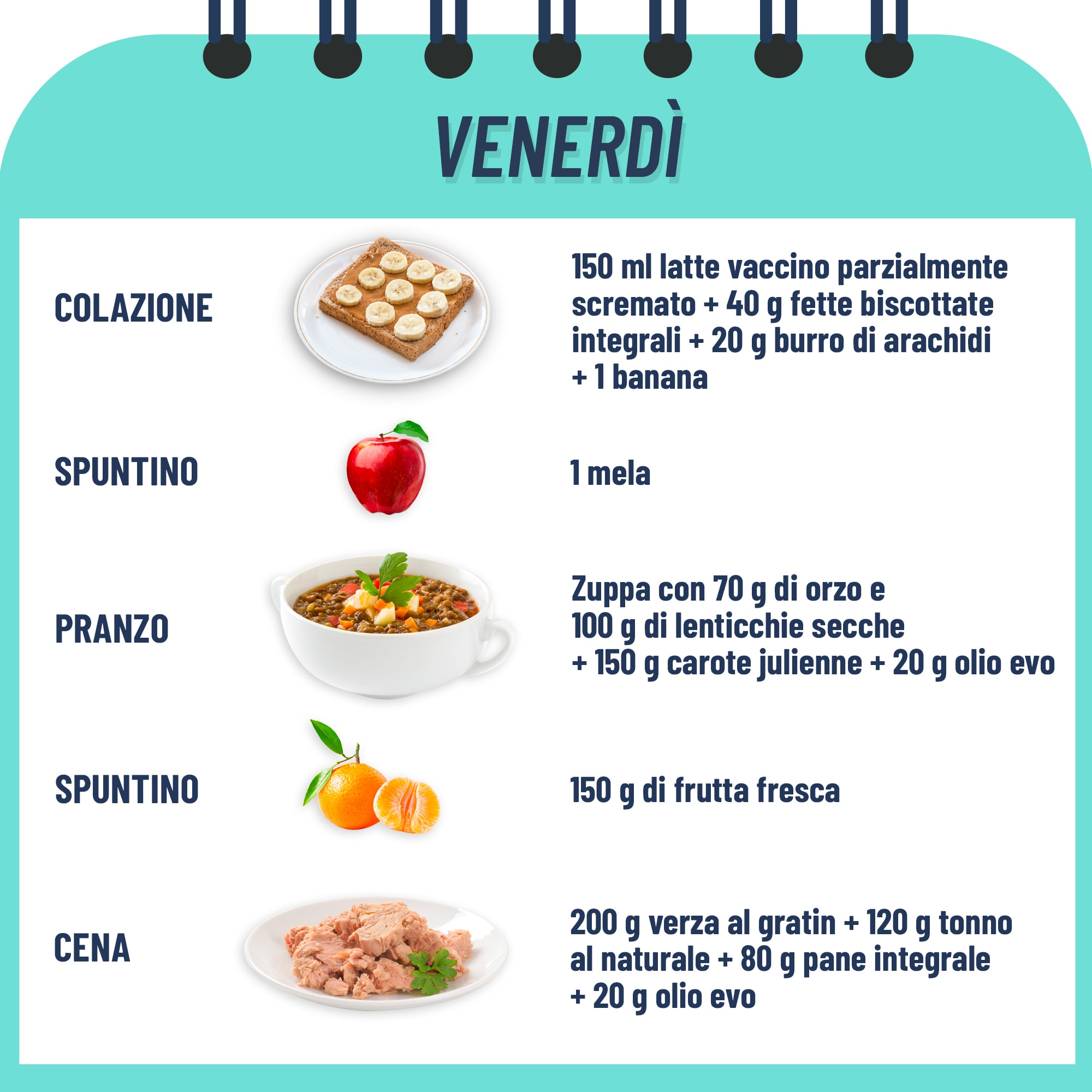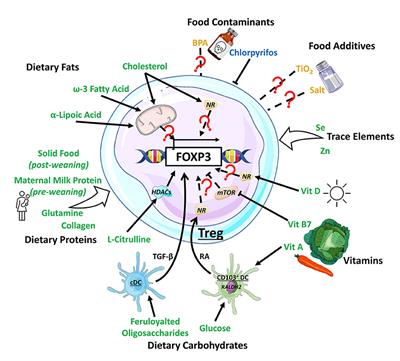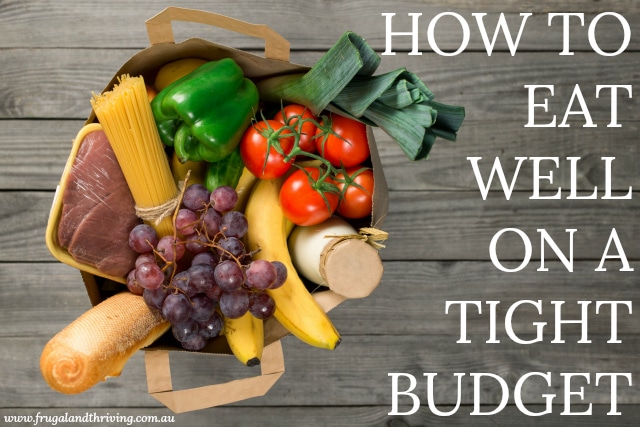
Smart eating is one of the best ways for good health and to prevent chronic diseases. It can provide energy and reduce the risk of diseases. It's easy to get started and don't have to be difficult. Make it a habit to eat healthily and you will soon notice results. These tips and guidelines are based on the latest research findings. They cover many topics including nutrition, food preparation and food resource management.
A few studies were done to assess the curriculum. Two were qualitative and the results are pending publication. The first examined the Eating Smart *Being Active program's physical activity elements. Participants, state coordinators, and paraprofessionals all liked the components and stated that it helped them change their behavior. Teachers and parents rated ESBA with high satisfaction in the second research. This curriculum is able to improve the understanding of nutrition, and help students with physical activity.

The impact of the curriculum was evaluated in various states. It influenced behavior change by improving food resource management, nutrition, and physical activity. The program led to weight loss by encouraging children to eat more vegetables and fruits. Eating Smart * Being active is a highly-received resource that can be used by health educators. In early 2017, the revised version will be made available. It will include feedback from frontline workers from all over the country.
A smart way to lose weight is eating smart. It is important to reduce the amount of calories that you consume, but not increase your body's calorie intake. Your body will work harder to burn fats if you limit your intake. In return, your body will burn calories more efficiently and store less fat. This will help you lose weight. You won't regret making these changes.
It can be fun for all members of the family to learn how to eat smart. It can also serve as a guide to parents with picky eaters. There are many ways to make eating healthier and more enjoyable. It's easy to eat smart if you're happy with what you eat and feel great. Incorporating healthy habits can help you feel better and look younger as well.

Eating smart is important for your health. Your overall health depends on how well you eat. It is vital to eat well and exercise regularly. Choosing a healthier diet can prevent diabetes, heart disease, and other chronic diseases. A healthy diet is vital for your body's ability to function properly. To lose weight, you must get active and not just watch TV. Whether you're active or not, it's important to stay fit.
FAQ
What does butter have to do with men?
Butter is one of many good sources of saturated fats. This type is beneficial for healthy skin and hair as well as stronger bones.
Butter also contains vitamin K, which prevents bleeding from cuts and bruises. Vitamin K is combined with vitamin C to prevent bruises.
Butter also contains minerals like calcium, phosphorous and potassium. These elements are good for teeth and bones.
Butter does have some drawbacks. Butter is high in cholesterol. There are studies that show excess cholesterol may increase the likelihood of developing cardiovascular diseases.
Butter is also high-fat, which can contribute to obesity and increase cholesterol.
You can spread butter on bread if you are forced to use it. Bread will absorb more oil than pasta or potatoes.
How many calories do I need to eat each day?
This can vary from person to person. An average person needs 2000-2500 calories per day. It is important to consider your lifestyle and determine how many calories you'll need.
What's a good routine for a daily workout?
You must exercise regularly to stay fit. It doesn't make a difference what kind of activity you choose. As long as you do it often, it will be beneficial. Consistency is the key. To achieve success, you need to persevere for a long time.
Begin small daily activities like walking. You can gradually increase the amount of exercise you do until you have 30 minutes each day. You could do this by running, swimming, weight training or yoga.
It's important that you get your exercise done every day. If you have a reason to miss a session, don't skim it.
When exercising outside, make sure you have the right clothing and shoes. Weather conditions can also affect your ability and safety to exercise.
When you exercise, drink plenty of fluids. Drinking alcohol at this time can lead to dehydration. Also, avoid caffeinated drinks such as coffee, tea, and cola. These drinks may give you energy but also dehydrate your body.
At first, it's normal to feel tired after you finish your exercise routine. But if your workouts are continued, you will feel more energetic.
Do Men Need A Gym Membership?
A gym membership is not necessary for men. But, if you do join a gym, it will make your money go further.
Many gyms offer free trial memberships so you can try the facilities out before paying for anything.
The gym is free to use whenever you wish, and there are no fees. It's easy to cancel your membership when you decide whether or not you love the gym.
What diet supplement is best to lose weight?
You need to exercise and diet in order lose weight. Some people find certain supplements helpful.
Studies have shown that omega-3 fatty acid may be beneficial in weight loss. Omega-3s are essential fats which are crucial for brain function. They can be found as a part of seafood such as tuna, salmon, shrimp, and cod live oil.
Other research suggests that green tea might be beneficial for weight loss. The antioxidants in green tea, catechins and other compounds may increase metabolism and promote weight loss.
What's the best workout for men over 40?
The best workout for older men usually increases energy and stamina.
It is important for you to know that over 40s experience a reduction in testosterone which can lead to lower sex drive.
This doesn't mean that you shouldn't still engage in physical activity. There are many studies that show regular aerobic exercise can raise testosterone in some men.
You can improve your sexual performance by starting an aerobics program.
Statistics
- 10 pounds in a month is likely during a lean bulking phase, especially for beginners. (muscleandstrength.com)
- By John Thompson Take a whopping 38% off a set of PowerBlock Pros. (menshealth.com)
- Cardmembers earn 5% Back at Amazon.com with a Prime Credit Card. (amazon.com)
- The PRS enabled risk stratification for overall prostate cancer and lethal disease with a four-fold difference between men in the highest and lowest quartiles (HR, 4.32; 95% confidence interval [CI], 3.16-5.89). (pubmed.ncbi.nlm.nih.gov)
- Get free shipping and 25% off today. (healthline.com)
External Links
How To
How can I burn fat while exercising?
Exercise burns calories by increasing metabolism and oxygen consumption.
At moderate intensity, you will lose weight easily.
These are some tips to help you lose fat while working out:
-
Cardio exercises include walking, running, swimming, cycling, running and jogging.
-
For 30 minutes, do it three times a week.
-
Strength training is a great way to lose weight.
-
Avoid doing intense exercises. It is possible to build muscle without destroying muscle tissue.
-
Hydrate well during exercise. Water flushes out toxins and helps keep the body hydrated.
-
After working out, make sure to drink low-fat proteins shakes. Protein shakes are great for your muscles and energy.
-
Take smaller meals throughout each day to avoid feeling hungry.
-
Don't skip breakfast! Skipping breakfast can lead to fatigue and sluggishness.
-
Take care of your mind. Stressful situations may slow down your metabolism.
-
Keep a positive attitude. Research shows that overweight people gain more weight if they believe they are overweight than those who believe they look good.
-
Get enough sleep. It is harder to lose fat if you don't get enough sleep.
-
Always be active. Make sure you get up and move every hour.
-
Maintain a healthy diet. Eating right keeps you feeling full and satisfied longer.
-
Find relaxation techniques. An anxious mind won't allow your body release stress hormones, which can lead to the destruction of muscle tissue.
A balanced diet will provide all nutrients that are necessary for growth.
Eat six small meals each day instead of three large ones. This gives your body time and energy to process the food.
To maintain strong bones, you need to consume 500 mg of calcium each day. Calcium is available in dairy products like milk, yogurt, fortified soy beverages, orange juice, cereal, bread, and cereals.
Calcium is found in leafy vegetables, beans and tofu, as well nuts, seeds and cheese.
Your body needs vitamin D to absorb calcium. Vitamin D can also be found in some fortified foods such as eggs, fish, and yolk.
Vitamin E is crucial for skin health. It can be found as a vegetable oil, wheat germ, peanuts or almonds.
Zinc is essential for healthy immunity and wound healing. Zinc is found in seafood, oysters legumes meats, whole grains, whole grains and meats.
Zinc deficiencies can lead to fatigue, decreased appetite, depression, and reduced immunity.
Eating too much sugar causes insulin resistance, which increases blood glucose levels. Insulin resistance leads directly to weight gain.
When there is a high level of free radicals, insulin resistance can develop. Free radicals can be molecules with unpaired electrons that cause damage to cell membranes.
The most common sources of free radicals include food additives.
Free radicals can lead to cancer and heart disease, diabetes mellitus, arthritis, asthma, and premature aging.
To prevent free radical damage, eat a healthy diet rich in antioxidants. Antioxidants protect against oxidative damage.
Vitamin C is found in citrus fruits and beta carotene is found in carrots.
Selenium, copper as well as manganese and zinc are some other antioxidant nutrients.
Selenium protects cells against oxidative damage from free radicals. Selenium may be found in Brazil nuts as well tuna, liver and kidneys. It can also be found on shrimp, cod, turkey, beef lamb, pork, chicken, and other foods.
Copper protects eyes, brain, lungs and red cells. Copper is found in shellfishes, poultry, meat, organ meats, and other foods.
Manganese is an essential component of bone structure. Manganese is found as a component of bone structure in brown rice (spinach, bananas), prunes, raisins and oatmeal.
Zinc is essential for normal growth, reproduction, wound healing, and average growth. Zn can be found in lean cuts, white fish, poultry, eggs, and other foods.